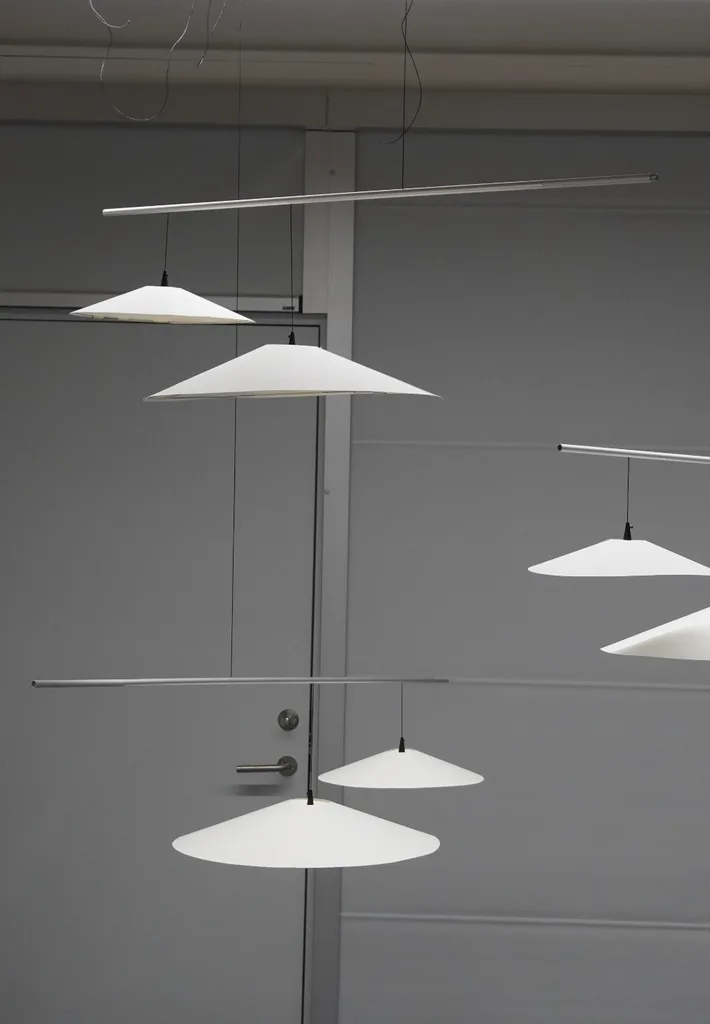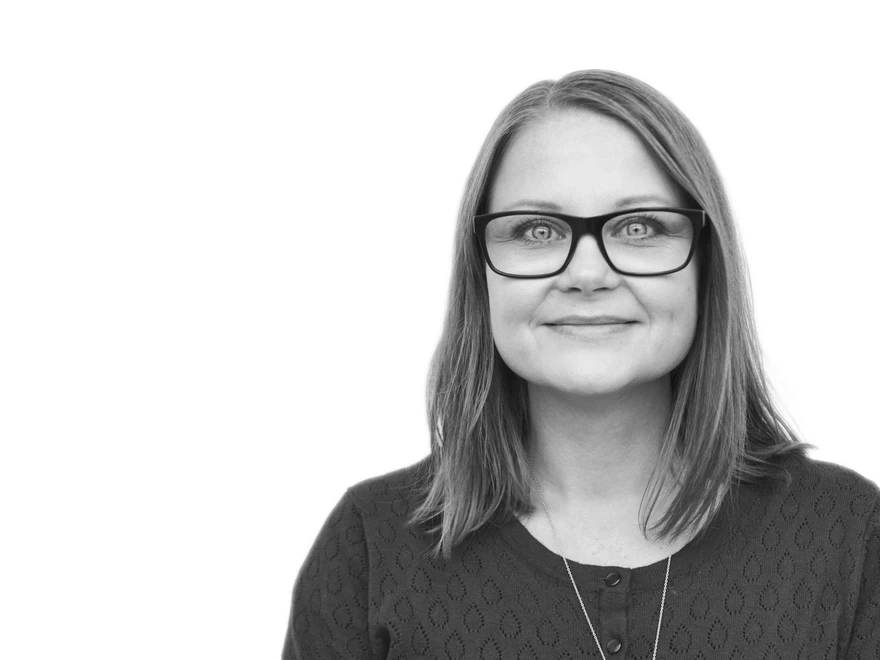Communication Design
- Semester start
- August / September
- Deadline for admission
- (Quota 2) 15th of March at 12.00 PM (CET) / (Quota 1) 5th of July at 12.00 PM (CET)
- Duration
- 3 years (180 ECTS)
- Admission requirements
- Entrance examination
- Title
- Bachelor of Arts
- Location
- Design School of Kolding
- Instruction language
- Danish
Why should I study Communication Design
As a communication designer, you will design everything from logos, posters and book covers to websites, campaigns, videos and services. You don't just do this for the purpose of creating something that is beautiful and aesthetic – it's also about influencing people to take action or change behaviour. You will become a catalyst for understanding, change and communities in virtually all aspects, by all means and through all channels. And you will have fun along the way!
You can see and download cirriculum and course descriptions via the links presented, but please note that they are only available in danish since the language of instruction for the bachelor degree program is danish.
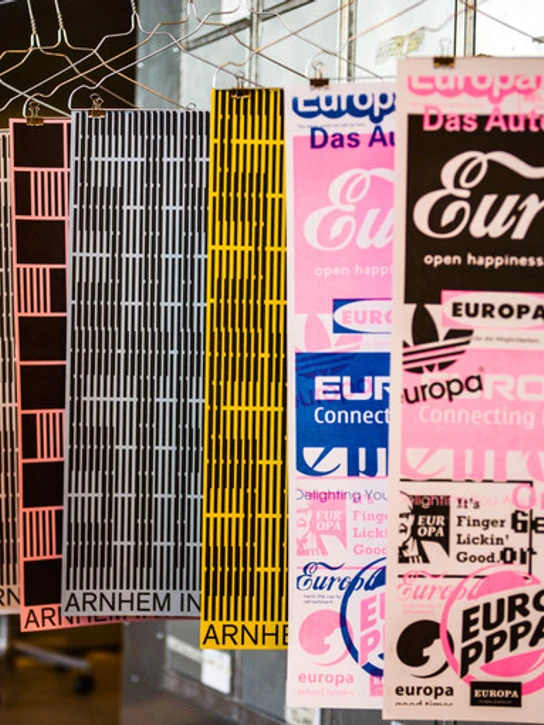
Mahmud Sahan
“You will become a catalyst for understanding, change and communities in virtually all aspects, by all means and through all channels. And you will have fun along the way!”
What will I learn?
We are talking about the ability to create good compositions and to use colours in an intelligent and conscious manner, but also being able to develop ideas and concepts and in particular master the programmes Illustrator and InDesign.
Your creativity will be further developed when you work with graphic design and also with web design, video and motion graphics from a storytelling perspective. Along the way, you will acquire a solid theoretical foundation that will make you more mindful in your work as a designer, and you will learn to work with design thinking, which is bound to spark your curiosity about the people and the problems that your design is addressing – expanding your horizon tremendously.
Finally, you will gain knowledge about the value added properties of design and thus the significance of design for business.
During the course of the study, you will meet both the school's own, experienced teachers and guest lecturers from the industry who are going to be your employers after graduation. You will also have the opportunity to study at a design school abroad, which may offer courses within your specific area of interest.
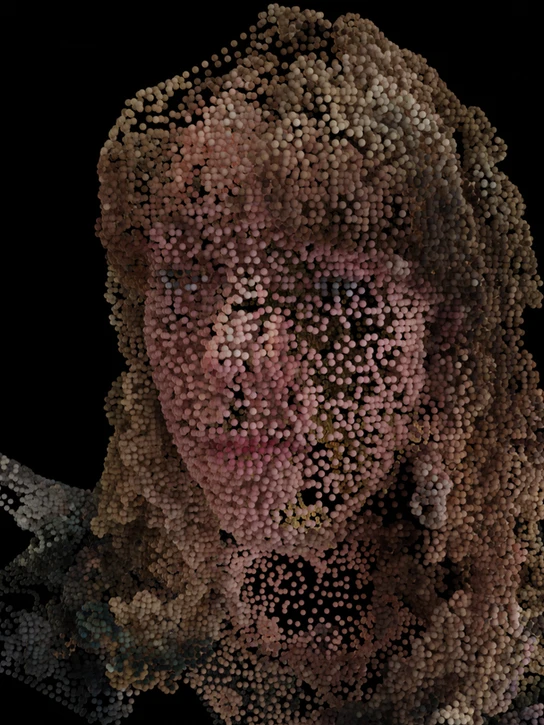
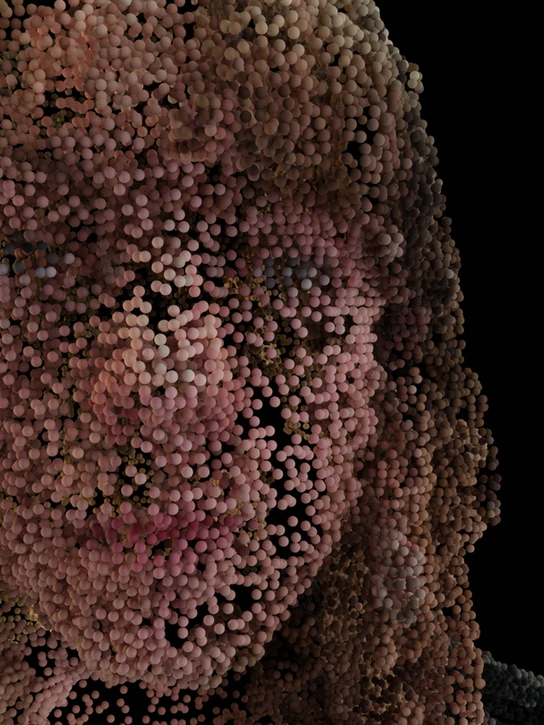
Courses (Only available in Danish)
Design som virkefelt
Introduktion til designstudiet og fagfeltets facetter, hvorved du opbygger en begyndende faglig selvforståelse.
Idé og visualisering
Kurset introducerer til nogle af de mange virkemidler, en kommunikationsdesigner råder over, når vedkommende skal arbejde med idéudvikling, visualisering og formgivning, og det vil på den måde etablere et fagligt, håndværks- og samarbejdsmæssigt grundlag for den videre uddannelse som kommunikationsdesigner.
Form
Introduktion til og træning i færdigheder inden for rumlig skitsering, komposition samt formanalyse og formudvikling. Forløbet afsluttes med et mindre formudviklingsforløb, hvor du afprøver dine færdigheder i en designfaglig kontekst.
Visualisering
Kurset introducerer til visualiserings- og skitseringsteknikker og har som formål, at du oparbejder en fortrolighed med at skitsere og kommunikere visuelt.
Grafisk design – typografi og visuelle elementer
Praksisbaseret kursus om grafisk design, grafiske og typografiske terminologier og principper med særligt fokus på typografi og visuelle elementer.
Design som virkefelt
Introduktion til designstudiet og fagfeltets facetter, hvorved du opbygger en begyndende faglig selvforståelse.
Farve
Introduktion til farvens kompleksitet og betydning for et design, herunder indflydelse af lys, materiale og form, historisk farvelære, æstetik, optræning af færdigheder inden for analog og digital farve samt udvikling af et individuelt farvekoncept.
Visualisering
Kurset introducerer til visualiserings- og skitseringsteknikker og har som formål, at du oparbejder en fortrolighed med at skitsere og kommunikere visuelt.
Grafisk design – layout og prepress
Praksisbaseret kursus om grafisk design, opsætning af tekst, komposition, layout- og grid-principper med særligt fokus på hvordan layout og prepress er essentielle elementer i grafisk design.
Illustration
Praksisbaseret kursus om udvalgt indblik i illustration med fokus på at visualisere komplekst indhold via fx datavisualisering og infografik samt at frembringe fortællinger med visuelle og illustrative tilgange via fx storyboards og arbejdet med fx dele af grafiske noveller.
Førsteårsprøvens projektperiode
Selvformuleret projekt der bygger på indsigter og læring fra det første studieårs undervisning. Projektet indgår som et element i førsteårsprøven.
UX design og UI udvikling
Kurset giver dig de grundlæggende forudsætninger for at arbejde professionelt med design af UX (user experience) og UI (user interface). Kurset lærer dig at koble relevante dele af design og brugerinteraktion i skabelsen af visuelt interessante digitale produkter med følelsesmæssig appel og kognitiv intuitivitet og at kunne forklare og begrunde designmæssige såvel som forretningsmæssige og strukturelle valg.
Designproces og metode
Fokus er på designprocessen og designmetoder, herunder brugerinddragende elementer. Gennemførelse, udførelse og refleksion over processen samt udvalgte anvendte metoder analyseres og vurderes i en skriftlig rapport med afsæt i projektet.
Studietur
Redaktionelt design
Kurset giver dig indblik i, hvordan den redaktionelle designer giver form til et produkt; magasinet, avisen eller fx websiden med afsæt i brandets kerne og derfra udvikler et designsystem, der giver mening, og som passer til fx brandets værdier og filosofi. Kurset introducerer til udvalgte dele af redaktionelt design, hvor layout, typografi, farve og billeder anvendes i en helhed.
Multiplatform Storytelling
Kurset lærer dig at udvikle medrivende historier på tværs af relevante platforme og være i stand til at tilpasse et budskabs formidling baseret på platform. Den røde tråd er storytelling, som anvendes til at forvandle rene form- og teknikøvelser til visuelle fortællinger med en emotionel gennemslagskraft. Kurset udvikler samtidig din evne til at udnytte de virkemidler, der knytter sig til de forskellige medier, herunder først og fremmest at arbejde med bevægelse i de visuelle fortællinger, men også med lys og lyd som stemningsskabende elementer.
Identitetsdesign og branding
Kurset giver dig en indføring i branding, visuel identitet og forretningsforståelse, der skal gøre dig i stand til at arbejde på professionelt niveau med visuelle identiteter og brands i en sammenkobling af design og virksomhed.
Servicedesign
På kurset får du kendskab til og prøver kræfter med, hvordan brugerens behov kan konverteres til et konkret servicedesignprojekt. Baseret på undersøgelser skal du udvikle en bruger-centreret service for en veldefineret målgruppe og designe et system til afhjælpning af et specifikt problem eller opfyldelse af et konkret behov.
Brand, produkt og kommunikation
Med afsæt i et specifikt brand vil du sammen med et tværfagligt designteam arbejde med bæredygtige strategier, virksomhedsanalyse med fokus på brugere, brandidentitet og produktionsmetoder, og på denne baggrund designe en visionær kollektion, der præsenteres for virksomheden.
Faglig position
Kurset introducerer til modeller til kortlægning af strømninger indenfor designfeltet, herunder med fokus på værdiskabelse for aftagere og samarbejdspartnere. I forløbet vil du kortlægge egne designkompetencer, din faglige profil og identificere hvilken specialisering du ønsker at styrke, for at bringe dig nærmere dine mål for fremtiden.
Faglig specialisering / One Step Closer
Dette kursus tager afsæt i dit ønske omkring videre specialisering, formuleret i kurset Faglig position. På baggrund af dette ønske, udvikles et eget designprojekt, der hjælper dig med at komme tættere på at opnå ambitionerne for dit fremtidige professionelle virke som designer.
Bachelorprojekt
På baggrund af din samlede viden samt kompetencer og færdigheder rammesætter du et projekt baseret på dit individuelle interessefelt med fokus på dit ønske om specialisering og din fremtidige professionelle karriere.
What is the best way to learn?
One of our favorite expressions is making is thinking, because you both think and learn through reflection on your own design process. You will realise that you actually learn just as much from being curious and experimental as from listening and reading. Thus it is not always the end result that matters the most, but rather the process that made you smarter. And therefore you must be good at pushing yourself further than we are able to do in our teaching.
As a communication designer, the computer is your most important tool, but we also emphasise the importance of working with physical materials and analogue techniques, because you learn through your fingers and you will be able to create designs with a different expression. For that purpose you can, for example, use our workshops with their serigraphy equipment, small printing press or ‘the hacker lab’ with its sensors and other technological toys.
When you don’t have classes, you can work independently on your projects. You will have your own study space that you can decorate and personalise, and you are surrounded by your fellow students. But you will also have group projects that can take place both at the school and in the field, where you can learn from each other and also hone your skills at the intricate art of collaboration.
During the course of the study you can join a study trip abroad and work with students from local educational institutions on common design projects. It is enormously exciting and worthwhile also because each one of you arrives with his or her own background and culture. You will gain knowledge about the world and about yourself.
Kolding School of Design is small enough that you can get to know most of your fellow students. We cultivate cross-disciplinary collaboration between the fields of study whenever it is meaningful, and you will find inspiration from areas you would never have imagined.
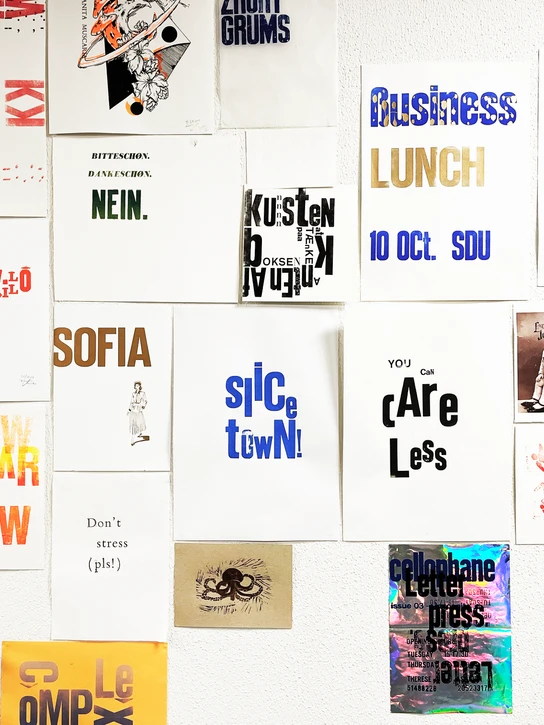
Design School Kolding works across different studios. See which studios you can involve in your projects.
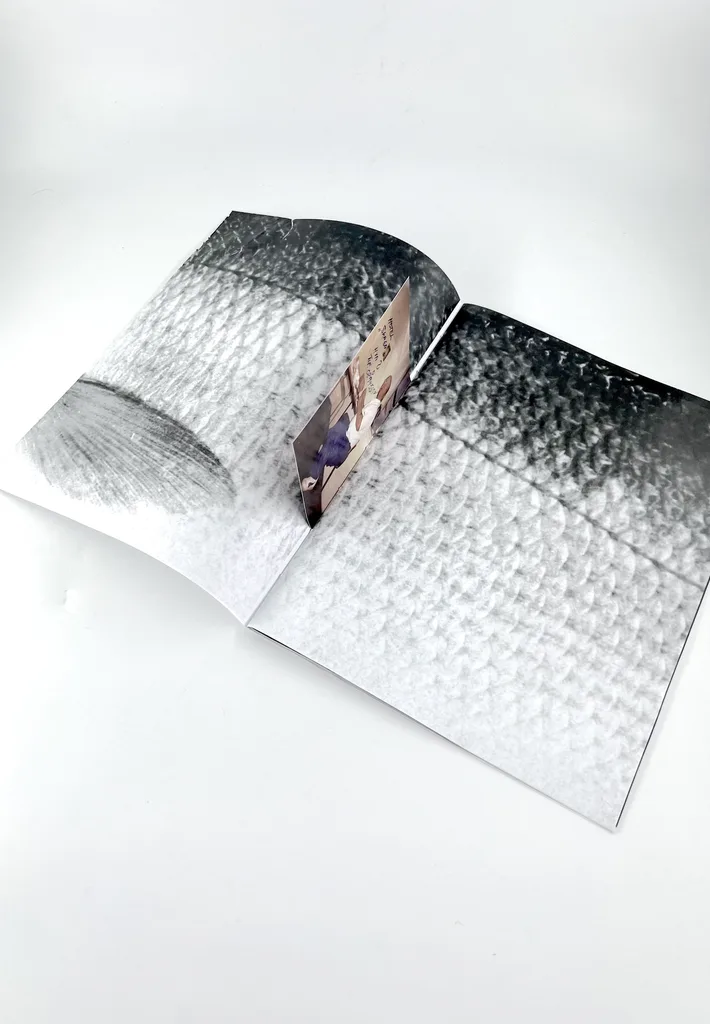
What job can I get?
At one end of the scale you will find jobs within graphic design, where you will be working with magazines, books, posters and exhibitions, for example, and also within branding and marketing as well campaigns, logos, visual identities and postings, graphics, video and motion graphics for the web and social media.
At the other end of the scale you will find the purely digital jobs within websites and apps where, as a communications designer from Kolding School of Design, your strength lies in user experience (UX) and storytelling on these media.
However, your skills within the areas of design thinking, service design and branding can also lead you to totally different places where, for example, you work in a more consultative role and guide other people through processes for strategy development or innovation. You can also become a design anthropologist who investigates user needs and pursues answers to social problems that others – or yourself – can then work on.

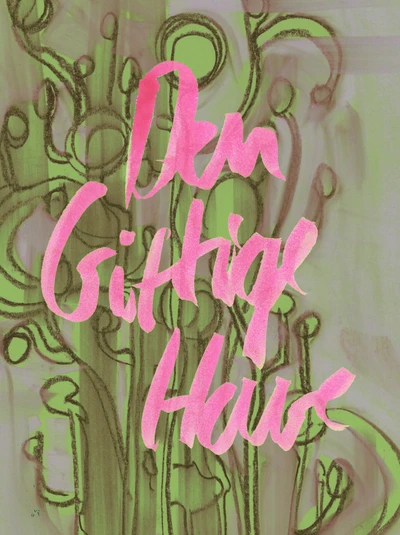
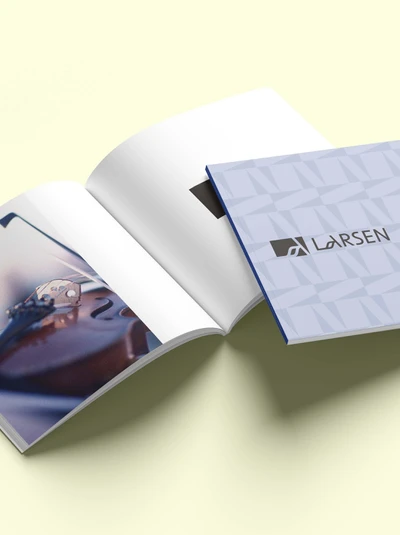
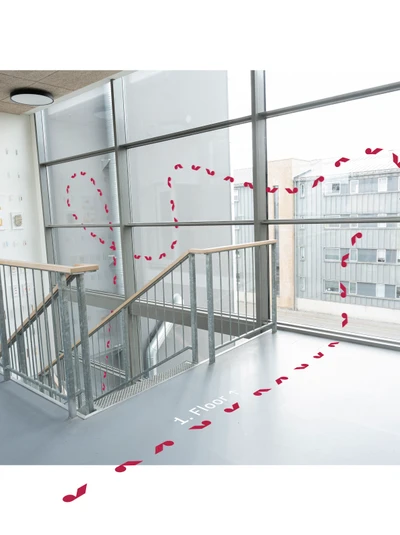
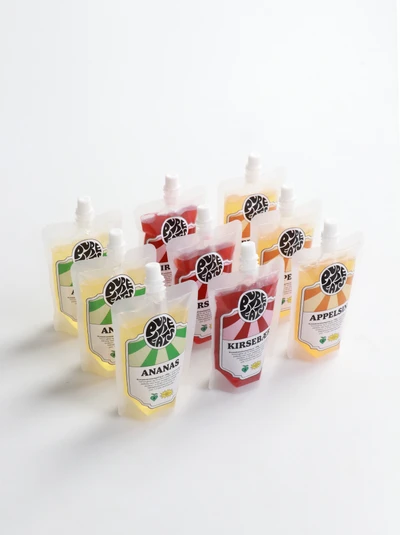
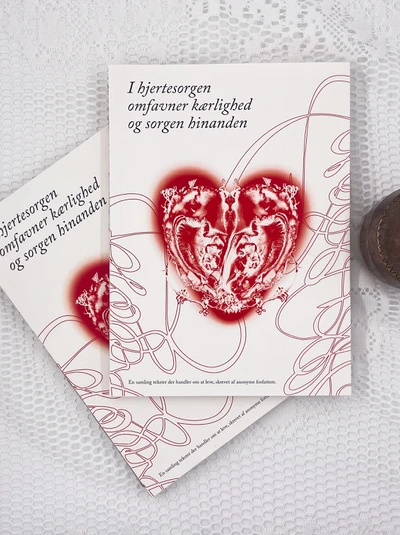
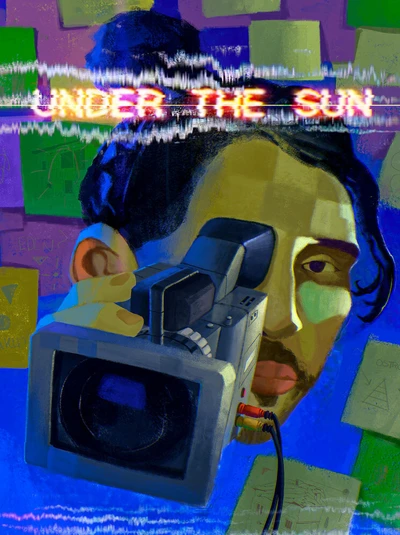
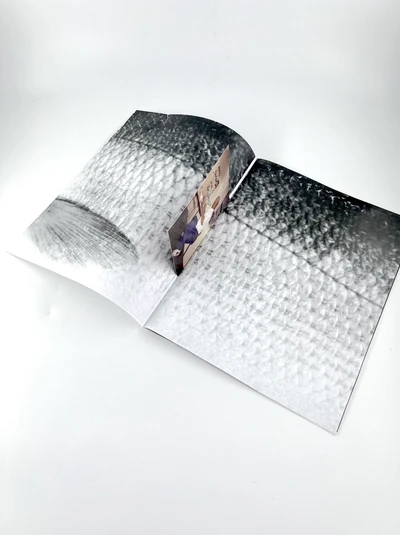
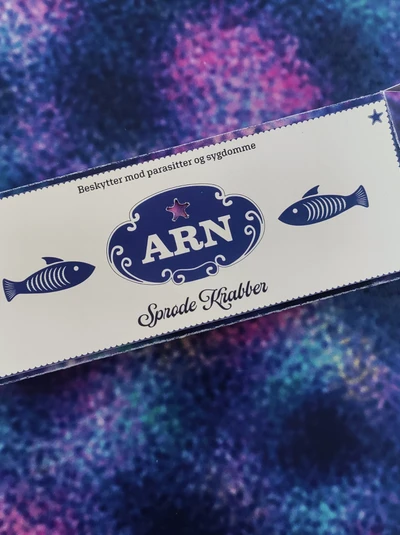

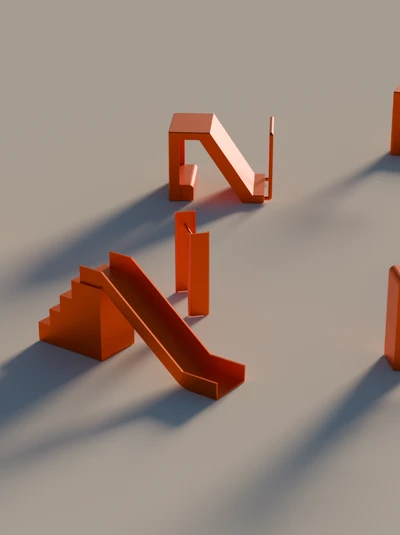
Interested in studying a Bachelors Degree in Industrial Design?
